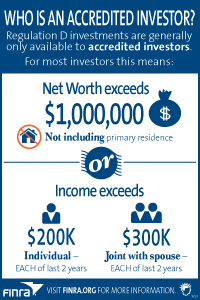On November 7, 2013, the Securities and Exchange Commission (SEC) today charged RBS Securities Inc., a subsidiary of the Royal Bank of Scotland plc, with misleading investors in a 2007 subprime residential mortgage-backed security (RMBS) offering. RBS agreed to settle the matter and pay more than $150 million, which the SEC will use to compensate investors for harm suffered as a result of RBS’s conduct.
According to the SEC, RBS told investors that the loans backing the offering “generally” met the lender’s underwriting guidelines even though more than 25% did not comport with the stated guidelines and should have been entirely excluded form the offering. RBS, then known as Greenwich Capital Markets, quickly reviewed a very small portion of the loans and was paid approximately $4.4 million for its work as the lead underwriter on the transaction, the SEC said in a complaint filed in federal court in Connecticut.
“In its rush to meet a deadline set by the seller of these loans, RBS cut corners and failed to complete adequate due diligence, with predictable results,” said George S. Canellos, co-director of the SEC’s Division of Enforcement. “Today’s action punishes that misconduct and secures more than $150 million in relief for those harmed by this shoddy securitization.”
 Securities Lawyers Blog
Securities Lawyers Blog



